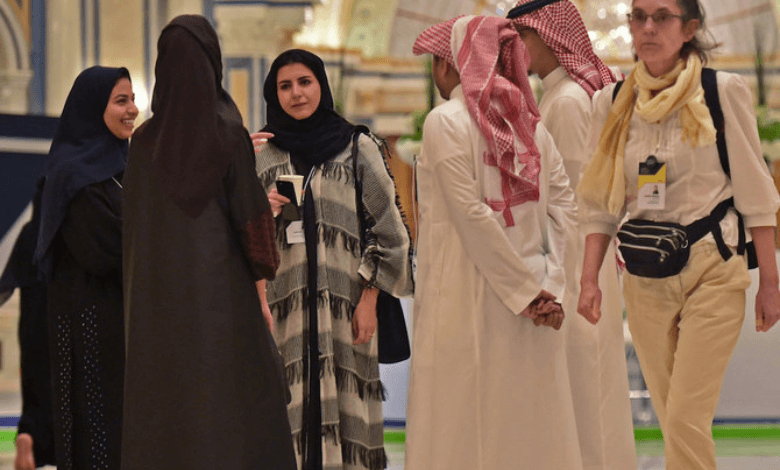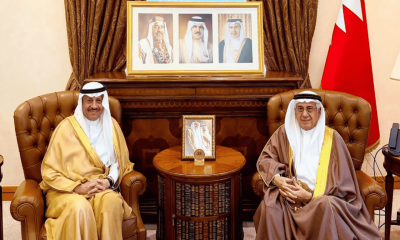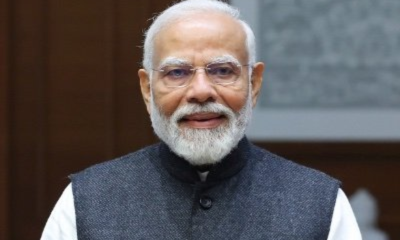In a noteworthy development, a prominent academic figure in Saudi Arabia has expressed his opposition to the idea of Saudization in universities, emphasizing the importance of embracing diversity and international perspectives. This stance challenges ongoing efforts in the kingdom to promote the employment of Saudi nationals in various sectors, including higher education.
The academic, who requested to remain anonymous, argued that universities should strive to be global institutions by welcoming scholars from around the world. The emphasis on Saudisation, while well-intentioned in principle, could hinder the kingdom’s universities from reaching their full potential as hubs of international knowledge exchange.
“I’m against it because all prestigious universities in the world include multiple nationalities,” the academic stated. “This diversity fosters innovation, encourages cross-cultural collaboration, and enriches the academic environment.”
This perspective raises essential questions about the balance between fostering domestic talent and creating an international, knowledge-driven environment within Saudi universities.
The Saudization Initiative
Saudisation, officially known as “Nitaqat” in Saudi Arabia, is a policy designed to increase the employment of Saudi nationals across various sectors. In higher education, it seeks to ensure that Saudi universities prioritize hiring Saudi academics and administrative staff. The goal is to address the country’s unemployment rates among its citizens, which has been a longstanding challenge.
However, this policy has faced criticism from some quarters who argue that a rigid application of Saudisation may unintentionally hinder academic diversity, innovation, and the international reputation of Saudi universities. The debate centers on how to balance these critical domestic employment targets with the broader need for academic excellence and the exchange of global knowledge.
The Value of Diversity in Academia
The academic community values diversity as a driver of excellence in higher education. By attracting educators, researchers, and students from various countries, universities create a rich tapestry of ideas and experiences. This international perspective has long been considered a hallmark of academic prestige.
Furthermore, fostering a diverse academic environment has been proven to benefit students and staff alike. Exposure to different cultures, viewpoints, and methodologies enhances critical thinking and problem-solving skills, creating a more dynamic and enriching educational experience.
Challenges and Potential Solutions
While Saudization has its merits, opponents argue that there should be flexibility in its implementation, particularly in higher education. Rather than focusing solely on meeting specific quotas, they propose a more nuanced approach, considering the individual circumstances of academic departments and programs.
One solution could involve maintaining an appropriate balance between Saudi and non-Saudi academics to ensure both domestic representation and global expertise. It’s also essential to encourage Saudi academics to pursue international experiences and academic collaborations, helping bridge the gap between domestic and international knowledge ecosystems.
What Is The Road Ahead?
The discussion on Saudisation in universities remains complex, touching on issues of national identity, employment, and academic excellence. It’s a conversation that requires a delicate and thoughtful approach to finding the right balance between supporting Saudi nationals’ employment opportunities and maintaining the international standing of the kingdom’s higher education institutions.
In embracing diversity and a global outlook, universities can play a vital role in contributing to Saudi Arabia’s intellectual and economic growth. As the debate continues, it’s clear that different voices within the academic community will need to come together to navigate the path forward.
Our View On the Recent Opposes Saudization in Universities:
The opposition to the strict implementation of Saudization in Saudi Arabian universities, voiced by a respected academic, highlights the tension between prioritizing domestic talent and embracing international perspectives in higher education. While Saudization aims to reduce unemployment among Saudis, it is important to maintain a global outlook in universities. Diversity in academia fosters innovation, cross-cultural collaboration, and a rich academic environment. Balancing domestic employment targets with academic excellence and international knowledge exchange is a complex challenge. Flexibility and a nuanced approach to Saudization in higher education can help maintain the unique character of Saudi universities while nurturing global expertise and collaborations. Ultimately, finding the right balance is crucial for the intellectual and economic growth of Saudi Arabia.
Read More: What’s New in Saudi Arabia’s Initiative For Israeli-Palestinian Peace?






















